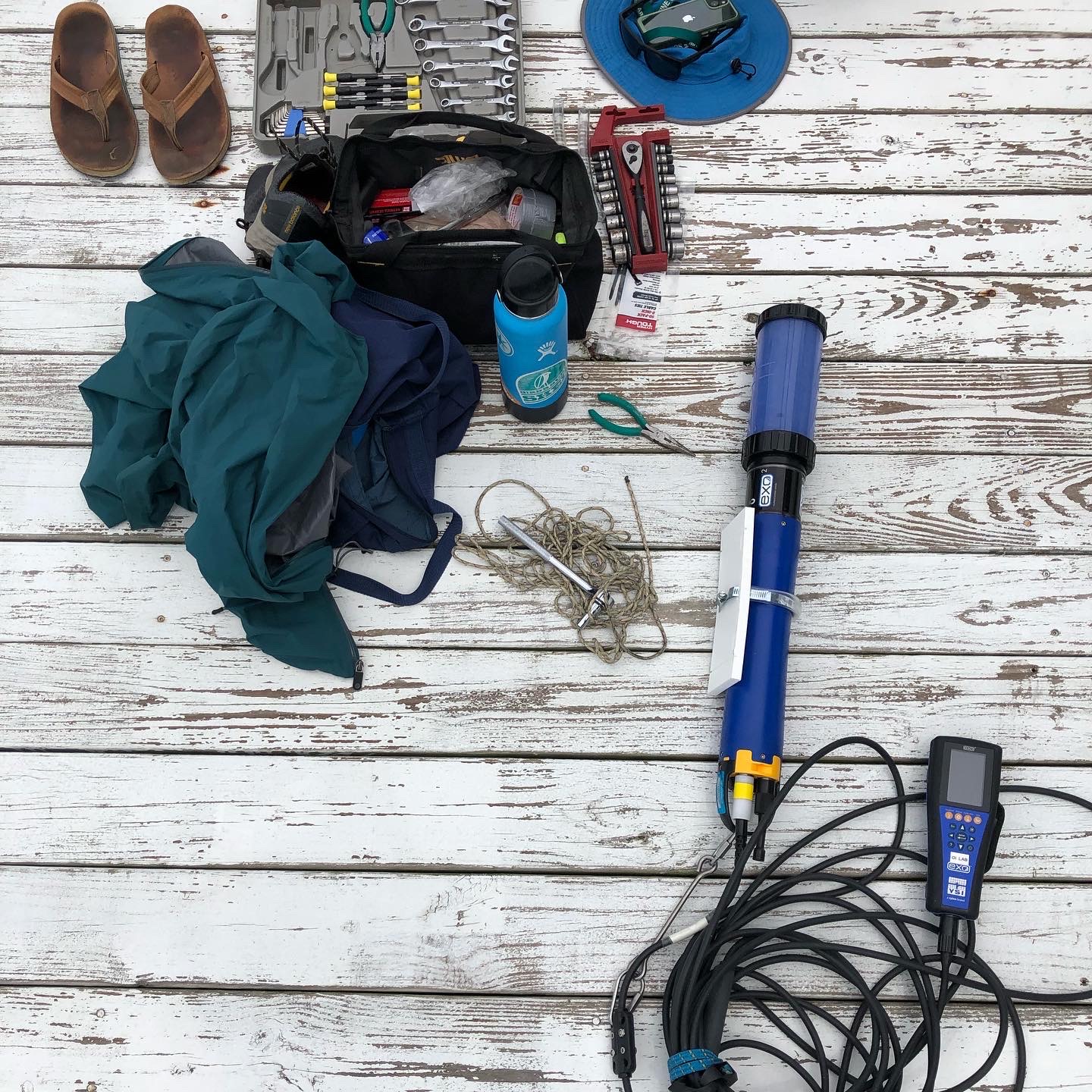
OCN479, Smart Coasts
Fall 2022
Please see https://github.com/SUPScientist/Smart-Coasts for course materials including code and getting started guides.
If you are considering registering for this course, please don’t let the information in that repository intimidate you! If you are new to sensor development, don’t worry; this course is for you! We will layer it on gradually, so even though there may be a lot in the repo, this is meant to be an intro course, so we will take it one step at a time and build some cool stuff along the way (and hopefully get to go kayaking).
Course Description
Advanced design and analysis of Smart Coastal monitoring systems and datasets. Study and application of the techniques used to observe coastal dynamics in near real time and provide not just data but also distilled information for research, operational, and educational uses.
The coastal ocean is incredibly dynamic; understanding changes in near real-time is critical for both research and operational needs (e.g., human safety). Moreover, the coast’s proximity to/contact with land opens up a wide range of possibilities for sensor deployments (piers, docks, small boats, research vessels, bridges, etc.) and communications (both hard-wired and wireless). Smart devices—those which rely on cutting-edge (and frequently low-cost) sensors, programming, machine learning, and communications technologies—are increasingly being distributed for real-time monitoring, especially in more densely populated areas.
Smart Coasts will be an applied learning course, including a survey of the methods used to monitor physical, chemical, and geological changes in coastal and estuarine settings and an in-depth, hands-on development of and experimentation with a specific technique, to be determined by student groups. We will cover technological advances that enable autonomous and/or high spatiotemporal coverage data collection in coastal ecosystems, including: moored in situ sensors, mobile aerial, surface, and underwater vehicles, and satellite remote sensing, as well as the communication technologies that enable rapid data collection and dissemination, including Iridium, cellular, Wi-Fi, Bluetooth, Ethernet, serial, and novel Internet of Things techniques. Finally, we will refine data analysis and communication with specific and varied audiences in mind.